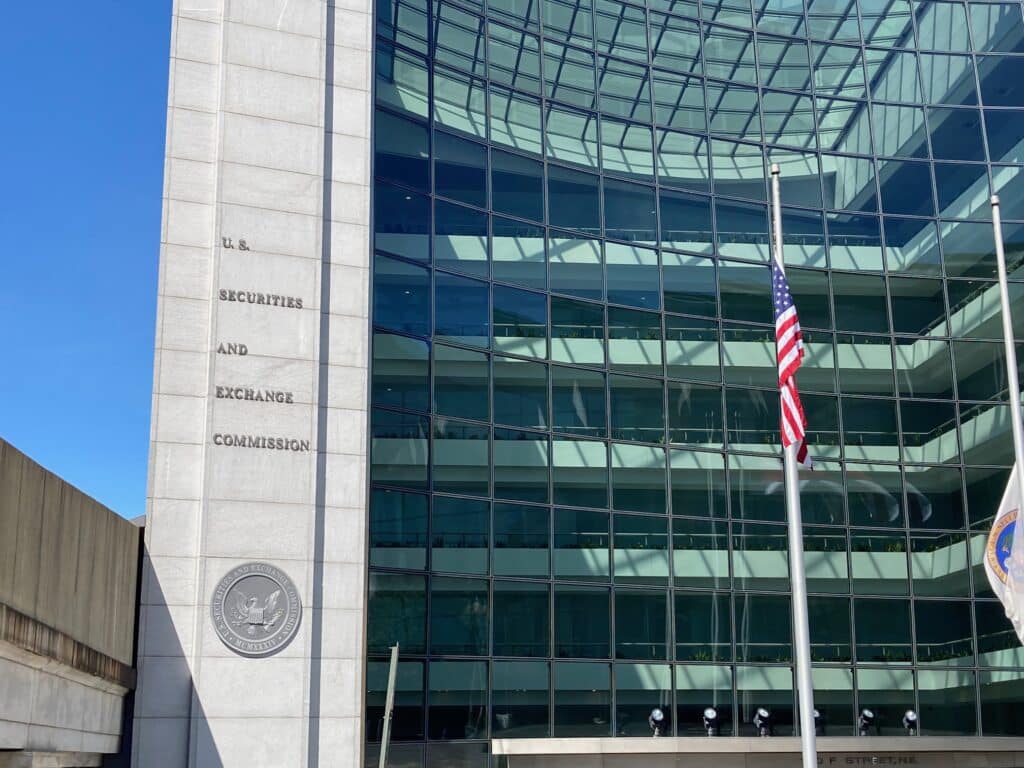On July 27, Kohn, Kohn and Colapinto (KKC) attorneys Michael Kohn, Stephen M. Kohn and David Colapinto responded to a recent Bloomberg Law article attacking the SEC Whistleblower Program. Citing the successes of the same Dodd-Frank Act criticized by Bloomberg Senior Investigative Reporter and author John Holland, Kohn, Kohn and Colapinto question the thoroughness of this report, and note what was left out.
In his piece titled, “SEC Enriches Fraudsters, Lawyers as Secrecy Shrouds Tips Program,” Holland questions what public interest these U.S. Securities and Exchange Commission (SEC) whistleblower cases serve, as information regarding the fraudulent companies, whistleblowers, and the firms representing whistleblowers are not public information.
“The fact that Dodd-Frank permits anonymous whistleblowing is one of the most important and progressive features of the law,” the KKC authors responded. “Companies hate this provision. They want to know who the whistleblowers are so they can better defend their crimes. They want to know what the whistleblowers are providing to the government so they can minimize their liability.”
Kohn, Kohn and Colapinto who have represented numerous high-profile whistleblowers and dealt with these federal agencies for decades, question why Bloomberg Law did not reach out to them during this investigation.
“Perhaps because we would have explained how the Dodd-Frank Act program, warts and all, is the best managed whistleblower program in the United States,” Kohn, Kohn and Colapinto wrote.
One of Bloomberg Law’s assertions which the KKC partners take aim at is that fraudsters get awards.
“This is a complete distortion,” they wrote in response. “In point of fact if any whistleblower is found guilty of a criminal violation related to his or her whistleblowing they are disqualified from a reward.”
Kohn, who also serves as the Chairman of the Board of Directors at the National Whistleblower Center, described the Bloomberg article as a “hit piece”.
Kohn, Kohn and Colapinto went on to clarify that the SEC is not perfect, and they have no bias or favoritism compelling them to praise the program.
“We disagree with many of [the SEC’s] decisions and have been denied claims,” they wrote. “We have (and are) vigorously challenging Commission rulings and recommendations. But even where we strongly disagree, the Commissioners, their staffs, and the Office of the Whistleblower have been professional and open to criticism.”
In wrapping up their response, Kohn, Kohn and Colapinto redirected Bloomberg’s attention to what really matters: deterrence of wrongdoing, incentivization of companies to enhance their compliance programs, and the return of billions to the taxpayers.
“As of September 2021, Dodd-Frank Act cases have directly returned over $1.3 billion to harmed investors,” they wrote. “$5 billion in sanctions have been obtained, the vast majority of which has been returned to the taxpayers. This is the true story of Dodd-Frank: Restitution to victims of securities fraud, billions to the taxpayers, compensation and protections for the whistleblowers, and some accountability on Wall Street.”
Read:
Bloomberg Law Whistleblower Investigation Is Hampered by Undisclosed Conflicts and Bias
